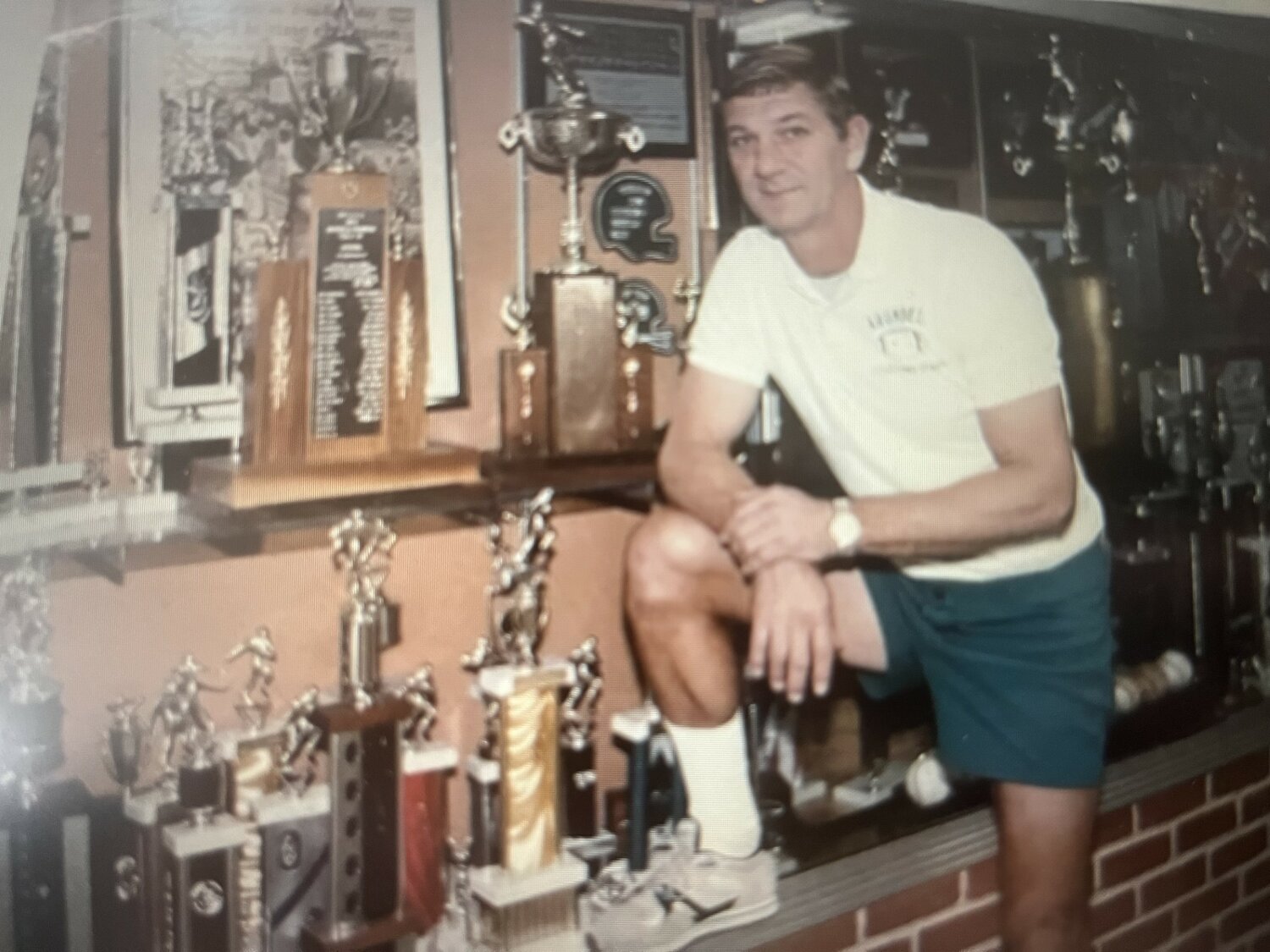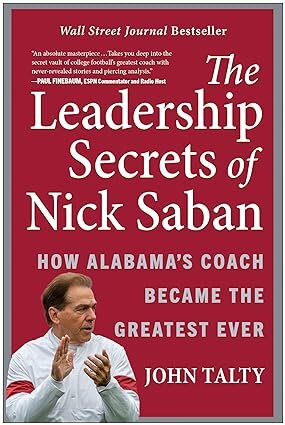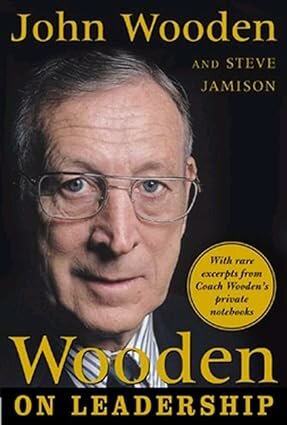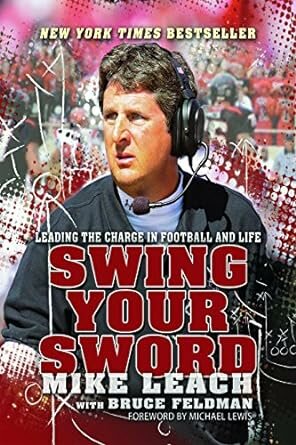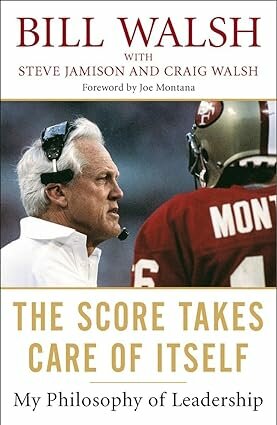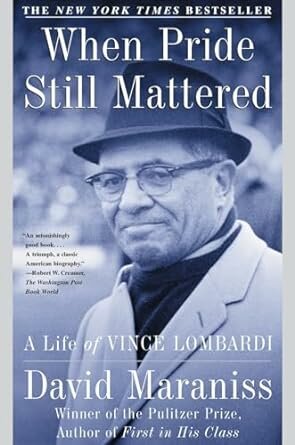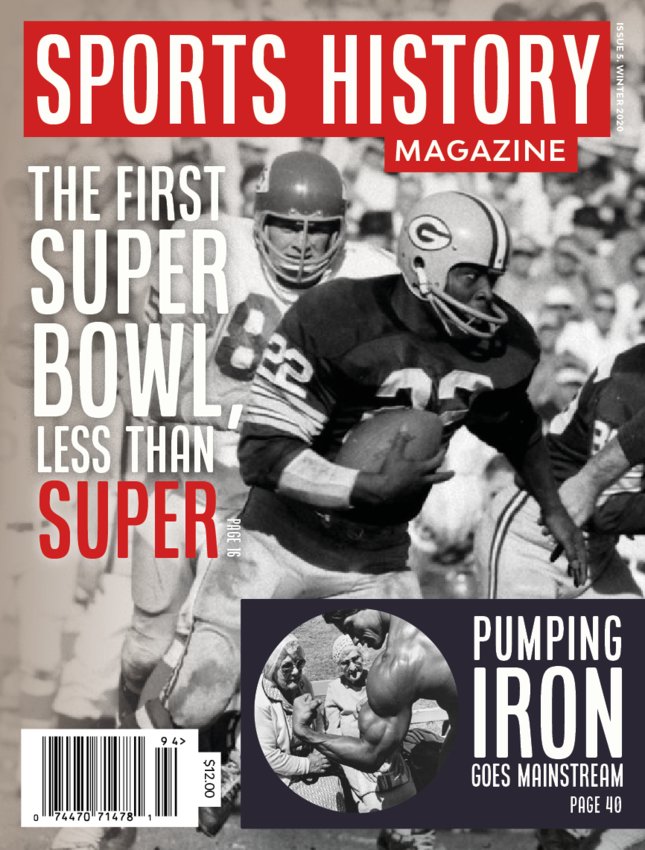Surviving Buddy Hepfer’s Double Sessions
Tracing success in life to the grueling days of football practice
Sean Logan, an attorney who played lacrosse for the Naval Academy before entering the Marine Corps, said this of his high school football coach:
"Whenever it got tough in the Marine Corps or during Plebe Summer at the Naval Academy, I said to myself, 'You got through Buddy Hepfer's double session, you can get through anything!'"
For 30 years, Buddy Hepfer was a towering figure in Maryland’s high school sports scene. His kingdom was the ‘River Road’ to ‘Riva Road’ corridor, a narrow swath of land between Washington, DC in the south and Baltimore in the north.
From 1969 to 1999, ‘Coach’ as his admirers eponymously called him, built 2 powerful sports programs at Arundel High School that lay claim to 3 State Championships in wrestling and a 94-61 record in football, highlighted by a 10-0 run in 1978.
Coach’s accolades include an official citation from the Maryland State Senate, in addition to memberships in and awards from various local and national Halls of Fame.
BUY- 'The Leadership Secrets of Nick Saban' (WSJ Bestseller)
One local politician noted of him:
“To set up a powerhouse at one high school is impressive. To do it in a State like Maryland is even more impressive. But to set up 2 programs in the River Road to Riva Road corridor is truly remarkable.”
Not long ago, I hosted a panel discussion, ‘Destiny Begins On August 15’, with a group of Arundel alumni, all of whom trace their success in life to Coach and his grueling practice sessions.
For most of us who pursued the game, double sessions football kicked off way too early every summer in the morning of August 15 before the school year began.
While our peers were still frolicking at the beach enjoying the final days of freedom, we were torturing every muscle in our bodies on the gridiron.
There were 2 practices every day- the morning session began around 8 am and the afternoon one ran until early evening.
In Maryland, the temperature in August hovered around 100 degrees with the humidity well into the 90s. Running football drills in helmets twice a day under those conditions would open the gates of hell for the fittest athletes of any sport.
BUY- 'Wooden on Leadership' (WSJ Bestseller)
High school football was no longer the leisurely affair coached by dads after work, or on weekends.
7th grade was your final year of childhood, 8th grade saw you undergo physical changes, 9th grade found you blissful at the top of the junior high school food chain, but 10th grade sent you right back down, especially with double sessions.
In community football, you grew up together. Now you were expected to block and tackle guys you had never seen before. Your introductions to each other would be to see who could hit not just the hardest, but the fiercest.
It wasn’t just the different guys you were playing with, but new coaches who were professional and demanding.
Hepfer’s coaching philosophy rested on 3 pillars: You had to believe in him, you had to believe in the program he created, and you had to believe in yourself.
BUY- 'Swing Your Sword' (NYTimes Bestseller)
Whether you were a starter, or a 3rd stringer, Hepfer treated you the same. In return, he demanded team cohesion and 110% from each player.
But the one thing he absolutely did not tolerate was quitting. That fear of disappointing Coach was enough of a driver to push players beyond their limits and past their comfort zones.
John Hesterman, a retired 3-Star Air Force General who flew his Stealth attack plane in the opening wave of Desert Storm, recalls:
"I never thought about quitting during double sessions but there were times I thought I was going to die!"
Mike Lyons both wrestled and played football at Arundel before earning a scholarship to Morgan State University where he became a member of the ‘Quiet Storm Defense’ that won the Mid-Eastern Atlantic Conference in 1979.
A PhD in psychology, Dr. Lyons reflects on his days with Coach:
“You had to buy into his system and all the pieces would fall into place. Failure was not an option.”
Logan adds to that thought, “There was never talk of just winning. You just had to give the best of your abilities and winning will take care of itself.”
BUY- 'The Score Takes Care of Itself: My Philosophy of Leadership' (2,105 ratings)
Hepfer taught us to persevere and conquer our fears at a time when our lives were going through profound changes.
As juniors and seniors in high school, we had to start making decisions about life after graduation- college, trade school, the military, etc.
Coach was also a grounding figure in the life of those who grew up in broken homes, or without a supportive family.
His leadership in instilling focus, hard work, and sacrifice was one of the reasons why double sessions had such a long-term impact on the lives of its survivors.
Those lessons that were imparted at a formative age made it easier to succeed in an adult world where the same is expected and the stakes are much higher.
Hesterman explains, “When I flew in combat, I wasn’t afraid of getting shot down because I was so focused on everything that I had to do in order to make sure the mission was successful. I learned that from him.”
BUY- 'When Pride Still Mattered: A Life of Vince Lombardi' (NYTimes Bestseller)
Dr. Lyons points out," The first time I saw double sessions, I said ‘this is gonna be hard.' And it was. But it was worth it. I would not be where I am today without the coaching and without overcoming the challenge of double sessions."
More than a coach, Hepfer was a motivator and an educator.
George Brownlee, an investment banker who was captain of the football team when Arundel went undefeated, sums it up:
"He wore us down both mentally and physically during double sessions- not to break us down, but to reveal to us what was inside of us."
Jonathan Yates is a former reporter who has written numerous articles in outlets such as Newsweek and Washington Post, and held interviews at NPR and CNBC.
ENJOY OUR CONTENT? SIGN UP FOR OUR FREE WEEKLY NEWSLETTER AND SHARE ON YOUR SOCIAL MEDIA

